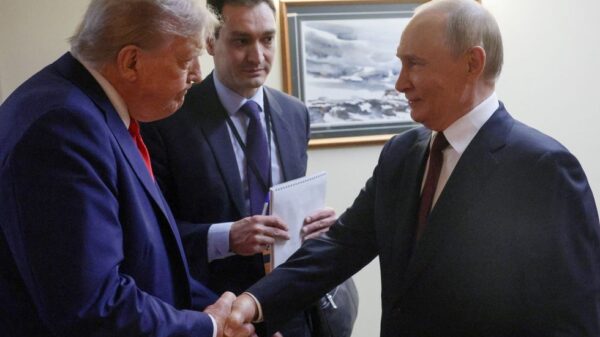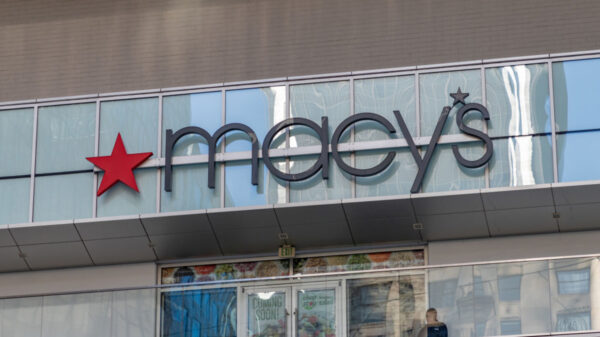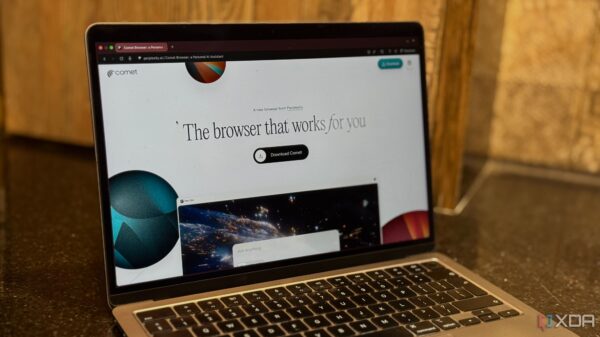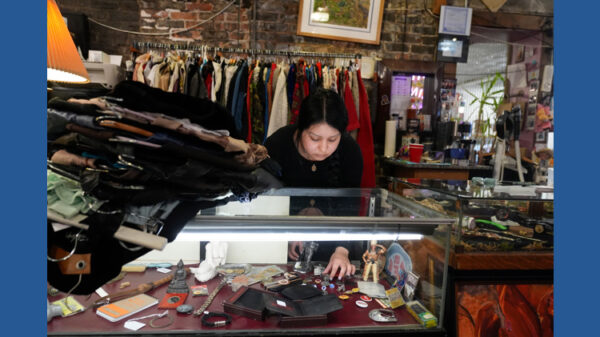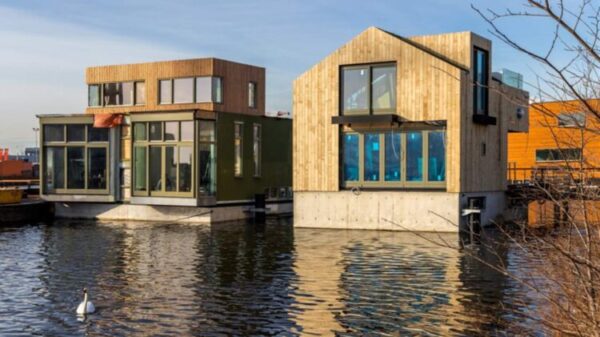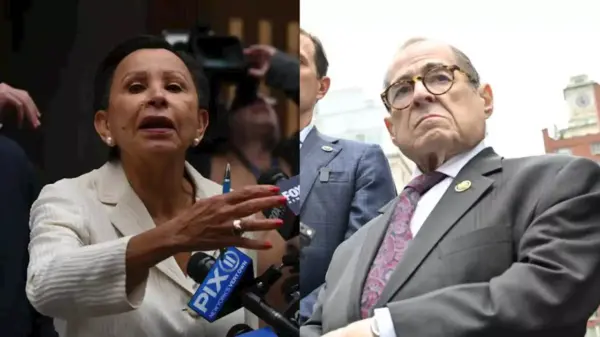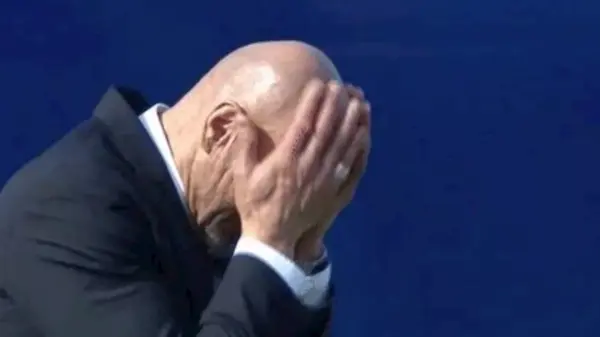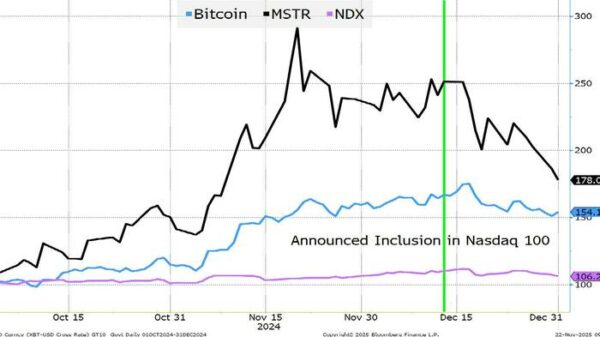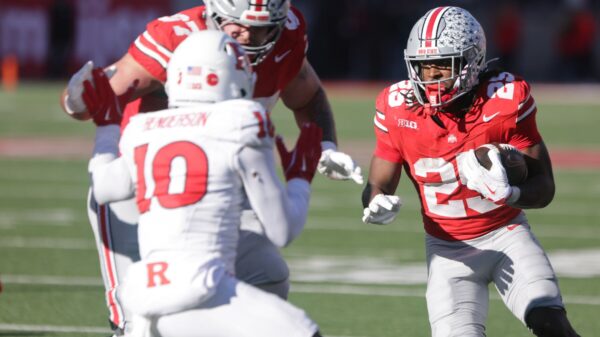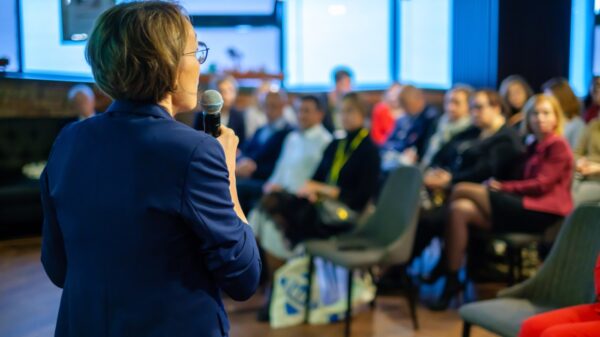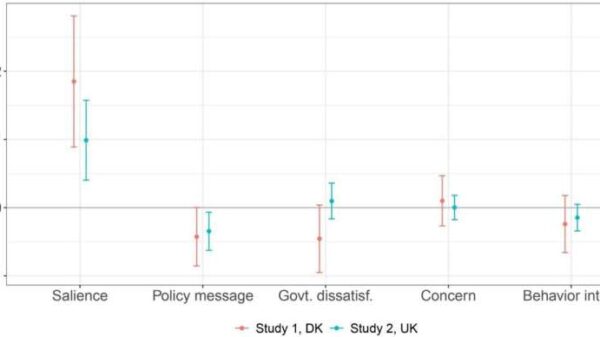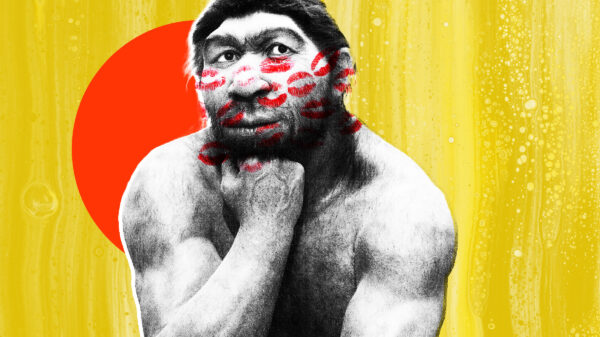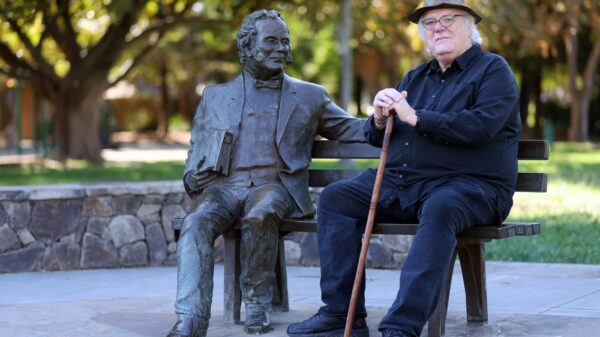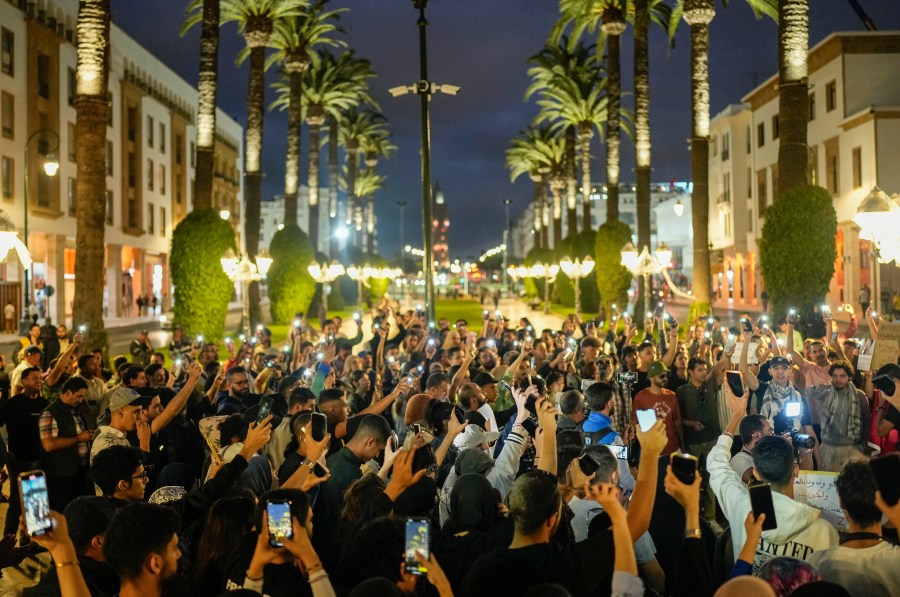Morocco’s King Mohammed VI is set to deliver a significant address to the nation as protests calling for government reforms intensify. On Friday, the king will inaugurate parliament amid widespread demonstrations that reflect growing public discontent regarding government spending and priorities.
Since September 27, 2023, protesters have voiced their frustrations in over a dozen Moroccan cities. They criticize the government for investing billions into preparations for the 2030 FIFA World Cup, while essential public services like education and healthcare remain severely underfunded. The grassroots movement, known as Gen Z 212, has mobilized thousands, linking the construction of new stadiums to the neglect of vital public services.
“The people want the king to intervene,” protesters have chanted, highlighting a demand for direct royal action in response to their grievances. The king’s upcoming address is expected to address these societal issues, revisiting themes he has touched upon during previous crises. Earlier this year, he stated, “Regardless of the infrastructure built, I would be satisfied only if our accomplishments contribute, in a tangible manner, to improving the living conditions of citizens from all social classes.”
In a notable shift, protesters recently sent a letter directly to the palace outlining their demands, a move that places the king at the center of public discourse. They have called for the dismissal of Prime Minister Aziz Akhannouch, the release of political detainees, and the establishment of a forum to hold corrupt politicians accountable. The letter reflects both a trust in the king’s ability to enact change and an awareness of the risks involved in openly criticizing him.
The youth-led movement signifies a departure from traditional norms where the king is often kept above politics. Political scientist Abdeslam Maghraoui from Duke University noted, “People are saying ‘Long live the king,’ but also showing they know he’s responsible.”
Support for the youth movement has spread among various groups, including a letter from 60 older intellectuals and activists who expressed solidarity with Gen Z 212. They emphasized that addressing the underlying issues fueling public anger is critical for restoring stability in the country.
As protests continue, many young Moroccans are looking to King Mohammed VI’s forthcoming speech with hope. They anticipate that it will serve as a turning point for their demands and alleviate their frustrations, especially concerning the leadership of Prime Minister Akhannouch.
“We hope that it will mark a good omen for us, the Moroccan youth, and for all Moroccans,” said Soufiane, an 18-year-old college student, during a protest in Casablanca. The king’s address is poised to be a pivotal moment in Morocco’s ongoing struggle for reform and equity, reflecting the desires of a generation eager for meaningful change.




